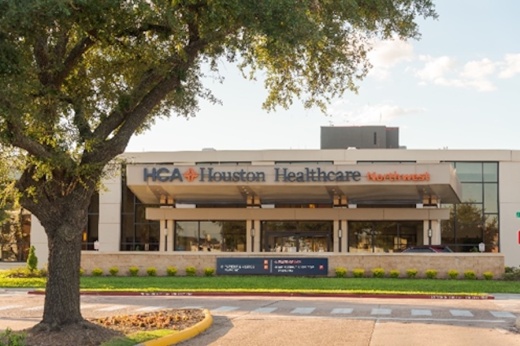According to hospital officials, the Level II trauma designation is awarded by the Texas Department of State Health Services and involves an extensive survey process, including verification by the American College of Surgeons.
The voluntary process requires a commitment to providing comprehensive regional care for every aspect of injury from prevention through rehabilitation, including 24-hour immediate coverage by trauma surgeons, as well as specialty coverage in orthopedic surgery, neurosurgery, anesthesiology, radiology and critical care; continuing education, injury and trauma prevention programs for staff, prehospital providers, and the community; and a comprehensive quality assessment program.
As a Level II trauma center, HCA Houston Healthcare Northwest also provides dedicated trauma resuscitation rooms in the emergency department; dedicated trauma operating rooms that are available 24/7; continuous availability of neurosurgery, orthopedic surgery, interventional radiology, laboratory services, radiology and blood bank; and comprehensive inpatient and outpatient physical rehabilitation onsite.
According to hospital officials, HCA Houston Healthcare Northwest has been pursuing the designation since spring 2018. However, the process was delayed due to the ongoing coronavirus pandemic.
"This pursuit took four years due to delays in the survey process related to COVID-19," said Scott Davis, CEO of HCA Houston Healthcare Northwest. "The ACS amended its verification and site survey processes in response and the hospital participated in the newly revamped virtual survey process."
The American College of Surgeons reviewed the hospital in October, and the hospital received its official verification documents Jan. 14.
"Trauma programs have a unique ability to test all aspects of a hospital system. As a result, our pursuit of Level II, and now designation, will continue to propel HCA Houston Healthcare Northwest to new heights," Davis said.
According to hospital officials, HCA Houston Healthcare Northwest has cared for approximately 2,000 injured patients per year for the last four years with 1 in 5 of those patients being the result of penetrating trauma.
"At this time, we plan to continue to grow our trauma program as well as other service lines including neurology and neurosurgery, bariatric surgery, and cardiovascular services," Davis said.





